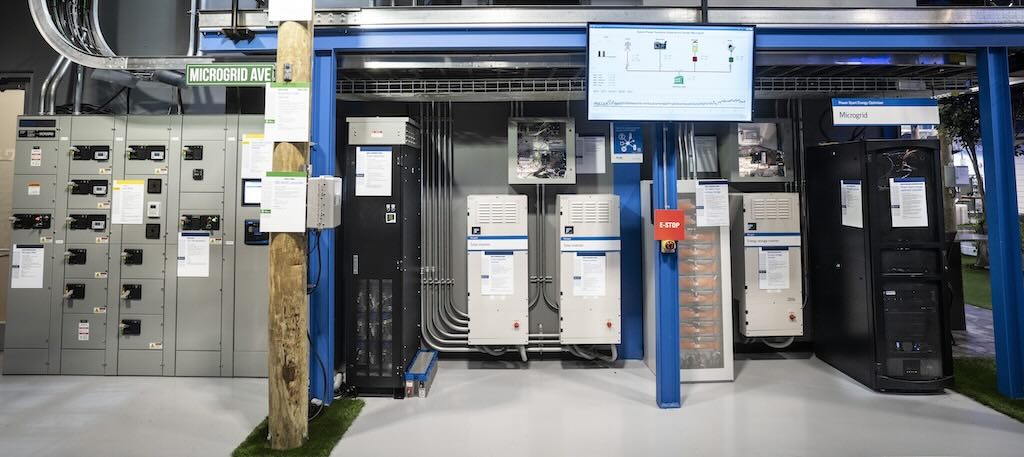Energy efficiency is more than a business driver; it is a moral imperative, according to the results of a recent Harris Interactive Poll commissioned by Schneider Electric.
The independent survey of over 300 senior executives at Fortune 1000 companies sought to understand executive attitudes towards energy efficiency. The study revealed that while three-quarters of all executives reported the importance of saving energy increased in their organizations over the past two years, the bottom line still prevails when making decisions to implement enterprise-wide programs.
Of the Fortune 1000 senior executives surveyed, 88% feel business has a moral responsibility, beyond regulatory requirements, to make their companies more energy efficient. At the same time, 61% of respondents say that potential cost savings are their biggest motivator to save energy at the enterprise-level, outranking environmental concerns (13%) or government regulations (2%).
Potential savings were cited by 61% of executives as the key driver in making their organizations more sustainable, stating that their companies would be motivated to use less if there was an energy management solution that could save them money. Cost savings was by far the most widely cited factor among the executives, with the remaining respondents reporting the following:
- Environmental benefits: 13% cited stewardship of the environment to be a main motivator.
- CEO mandate: 10% said their companies would use less energy if the CEO required it.
- Education: 7% said if they knew how to reduce consumption, they would change behavior.
- Increased cost: 7% said that their companies would use less energy if it was a more expensive product.
- Government regulation: Just 2% of respondents said they would only use less if it was required by lawmakers.
“The findings of the survey reinforce what we’re hearing daily from our customers,” said Christopher Curtis, President and CEO of Schneider Electric in North America. “Business leaders want to be good corporate citizens regarding their energy management, they often just don’t know where to start. At the same time, we’re in the process of emerging from the worst economic downturn since the Great Depression, requiring cost savings to be a key part of the solution. We are beginning to see energy management services become a strategic asset for companies looking to save money.”
A divide on Cap and Trade
The survey also shows near evenly split opinions from executives on the business impact of putting a price on carbon, revealing that there is little confidence that a cap and trade policy will lead to increased sustainability practices among companies. The majority are divided between two beliefs: that cap and trade policies will be ineffective or that they will be effective only if the generated revenues are used in a way that enables companies to be more energy efficient.
- 40% said they believe cap and trade policies will not result in increased energy efficiency; rather it will likely cause industries to emit the same amount of carbon prior to the policies, and charge more for products in order to cover business costs.
- 38% believe cap and trade policies will result in increased energy efficiency only if the revenue generated is directly applied to research and development, social programs and initiatives that enable companies/industries to use less energy.
- 22% believe cap and trade policies will definitely result in increased energy efficiency as it will force industries to adopt energy efficiency technologies and practices to scale back on carbon emissions.
“We as business leaders or government cannot be neutral or indecisive when it comes to carbon management,” Curtis added. “The simple truth is we’re sitting on the sidelines when it comes to devising industry accepted standards and requirements for de-carbonizing our economy. Nothing meaningful is happening, which is unacceptable. The survey shows awareness is increasing, a good first step. The next step needs to be action – putting sustainable carbon and energy management programs in place and taking responsibility for them on a day-to-day basis. This will be a defining factor in our collective success or failure in leaving the world better than the way we found it.”
Harris Interactive conducted the survey within the United States in the fourth quarter of 2010, among a total of 301 Fortune 1000 Executives. Company revenue and number of employees were weighted where necessary to bring them into line with their actual proportions in the larger universe of Fortune 1000 companies.



